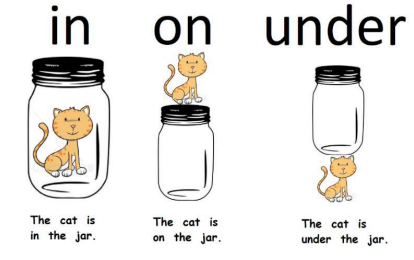Syntax, Morphology and Parts of Speech
1/38
Earn XP
Description and Tags
Flashcards on Syntax, Morphosyntax, and Parts of Speech.
Name | Mastery | Learn | Test | Matching | Spaced |
|---|
No study sessions yet.
39 Terms
Morphosyntax
Combines morphology and syntax.
Inflectional Morphology
Refers to the formation of word forms rather than new lexemes
Produces forms of lexemes to make them fit into certain grammatical contexts
Close connection between inflectional morphology and word-classes/ parts of speech
Morphosyntactic categories
Categories such as tense, number, and case.
morphosyntactic properties
a present tense or past tense
Stem
The form of a lexeme to which inflections are attached.
players
When a word class inflects…
the inflection tells you what word class the word is
word classes make up…
the skeletal, telegraphic structure of sentences
Irregular Plural Marking
foot/feet
mouse/mice
louse/lice
child/children
ox/oxen
4 kinds of nouns exist
common noun
count-noun
mass noun
proper nouns
Common noun
a general name for a person, place, or thing, as opposed to a specific one.
e.g. teacher, car….
Count noun
A noun that can be counted and has singular/plural forms.
For example, "apple/apples" or "car/cars."
Mass noun
A noun that cannot be counted and doesn't have plural.
It represents a collection or substance, such as "water" or "sand."
Proper noun
Name of a specific person, place, or thing.
such as "John," "Paris," or "Eiffel Tower."
If a word can take a plural
it is a noun but not all nouns inflect for number.
Morphosyntactic category of COMPARISON
meaning
distribution
inflection
meaning (Morphosyntactic category of COMPARISON)
ascribe property or quality to an object
Distribution (розподіл)(Morphosyntactic category of COMPARISON)
modify nouns
can occur before a noun, may be preceded by determiner
Inflection(Morphosyntactic category of COMPARISON)
a morphological change to indicate comparison, number, gender, or tense.
Three forms of Adjectives
Positive : bid,tall
comparative : bigger, taller
superlative: biggest, tallest
comparison is a positive test for
Adjectives
types of verbs
auxiliary verbs
lexical verbs
Auxiliary Verbs
Auxiliary verbs such as has, is, can, will, etc.
Lexical Verbs
Verbs that denote acts, events, emotions or states
Verbal Morphosyntactic Categories
TENSE past present(English has no future tense inflection)
NUMBER
PERSON
ASPECT Progressive {-ing} Perfect {-ed/-en}
VOICE Active (I broke the vase) Passive (the vase broke)
(MOOD) Indicative (You have a garden) Subjunctive (Were you to have a garden…)
Nominative Case
Case marking the subject of a verb.
Possessive Case
Case marking possession.
synthetic marking: the dog’s bone
analytic marking: the bone of the dog
Prepositions
Indicates relationships, often in time or space.

Determiners
Words like the, a, any, etc.
Tense
Refers to a point in time of an event in relation to another point in time (often: moment of speaking)
Aspect
Refers to the grammatical category that expresses the way in which the action of a verb is experienced in time, such as being completed or ongoing.
non-progressive vs. progressive
non-perfective vs. perfective
VOICE
Active: Without any sign of hesitation, it devoured the cat. Passive: The cat was devoured by it. passive voice expressed by a periphrastic construction “be + V {-ed}”
MOOD
expresses a speaker’s view on a certain piece of information, e.g. highlighting that sth. is questionable, possible, certain, … indicative: God saves the queen. subjunctive: God save_ the queen.
COMPARISON
absolute –comparative –superlative marked on adjectives + adverbs adjectives {-er} {more} {-est} {most} Adverbs {more} {most}
Conjunctions
a word that connects words, phrases, or clauses within a sentence.
I wanted to go for a walk, but it started raining.
Forms of conjunction:
coordinators
adverbs
prepositional phrases
Formulaic Expressions(minor word classes)
Expressions such as hello, thanks, etc.
Interjections(minor word classes)
Words expressing emotion.
shit, og , fuck
existential there(minor word classes)
(there is/are); There is a parking space there.
dummy it(minor word classes)
What time is it? It’s snowing
Adverbs
Words like slowly, very, quite, etc.